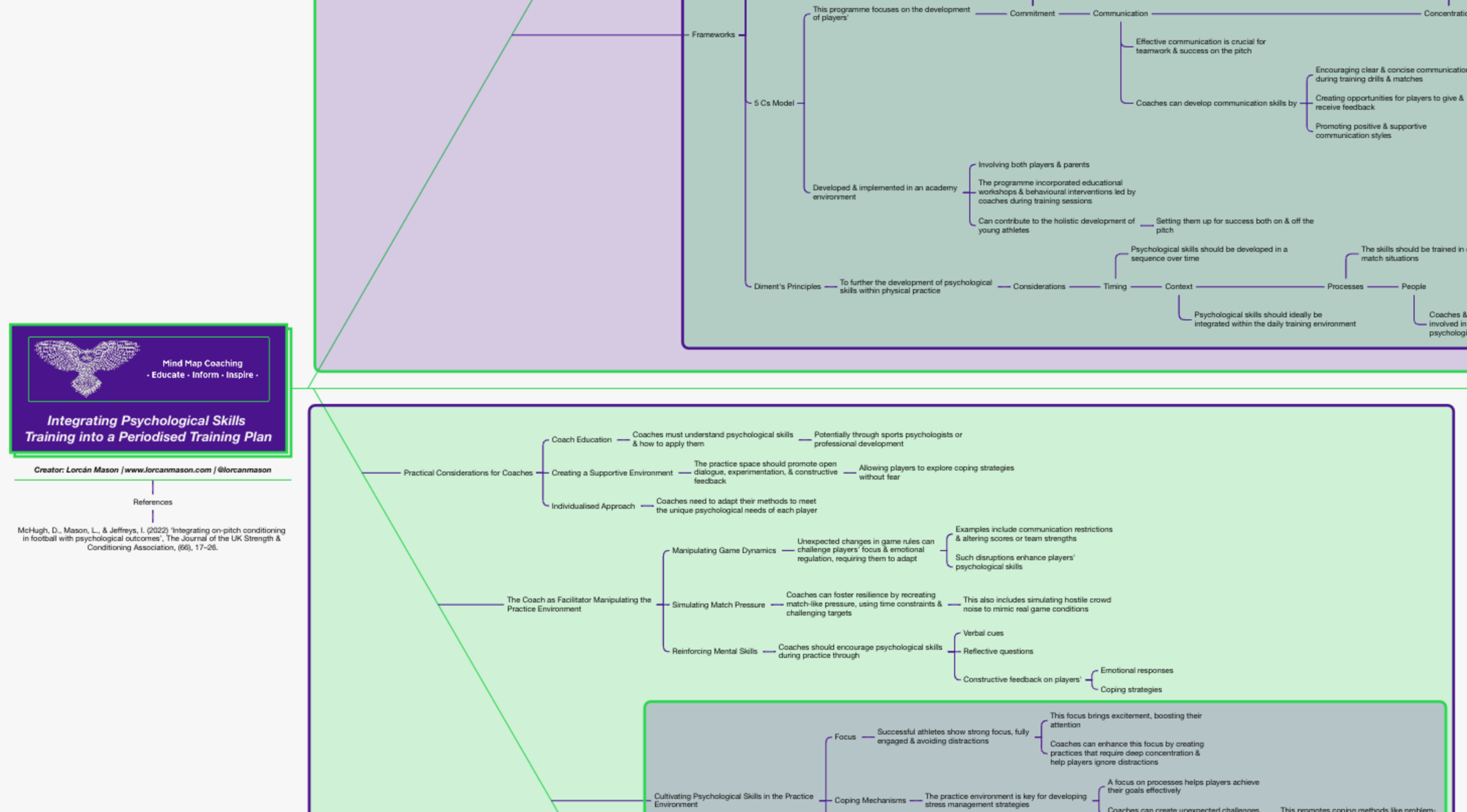Integrating On-Pitch Conditioning in Football with Psychological Outcomes
This research examines the integration of psychological skills training with physical conditioning in football, presenting a framework for implementing psychological skills within an integrated periodization model using Acceptance Commitment Therapy.

Key Details and Main Themes of the Research
This research examines the integration of psychological skills training with physical conditioning in football, advocating for a holistic player development approach. It presents a framework for implementing psychological skills within an integrated periodization model using Acceptance Commitment Therapy (ACT).
The Necessity of Integrated Periodization
Traditional periodization models that prioritize the physical aspects of training are insufficient for team sports such as football. A shift towards integrated periodization, which merges technical, tactical, physical, and psychological training, is crucial for creating a comprehensive training plan. Integrated periodization recognizes the interconnectedness of factors that influence performance and aims to create a holistic training environment.
The research identifies a critical gap in existing integrated periodization models: the lack of systematic integration of psychological skills training.
Psychological Skills in Football: Why They Matter
The research underscores the importance of psychological factors in football performance, highlighting the psychological demands of the sport. The practice environment is presented as a valuable space for developing essential psychological skills. These skills include:
- Enhanced focus and consistency
- Effective pre-performance routine implementation
- Tactical game preparation
- Performance visualisation
- Development of adaptable coping strategies in response to stressors
The research emphasises that an effective training environment should not solely concentrate on physical conditioning but should also deliberately foster psychological skill development.
A process-focused approach, where players are encouraged to develop and utilize various coping mechanisms during practice, is advocated for. This approach acknowledges that managing pressure, regulating emotions, and maintaining focus under challenging circumstances are critical for consistent performance.
Barriers to Integration
Despite acknowledging the significance of psychological skills, the research identifies barriers to successful implementation, particularly at the professional level. These barriers include:
- A lack of knowledge and comprehension among coaches regarding the benefits and practical application of psychological skills training
- Time restrictions within already demanding training schedules
- Coaches feeling underprepared to incorporate psychological aspects into training sessions
- Scepticism from coaches about the practitioner's grasp of the specific demands of football
Overcoming these barriers necessitates collaborative efforts between sports psychology practitioners and coaches. Practitioners must demonstrate adaptability and flexibility, evidencing their understanding of the sport and tailoring their interventions to align with the coach's playing style and the team's training schedule. Building strong relationships and effective communication with the coaching staff are paramount.

